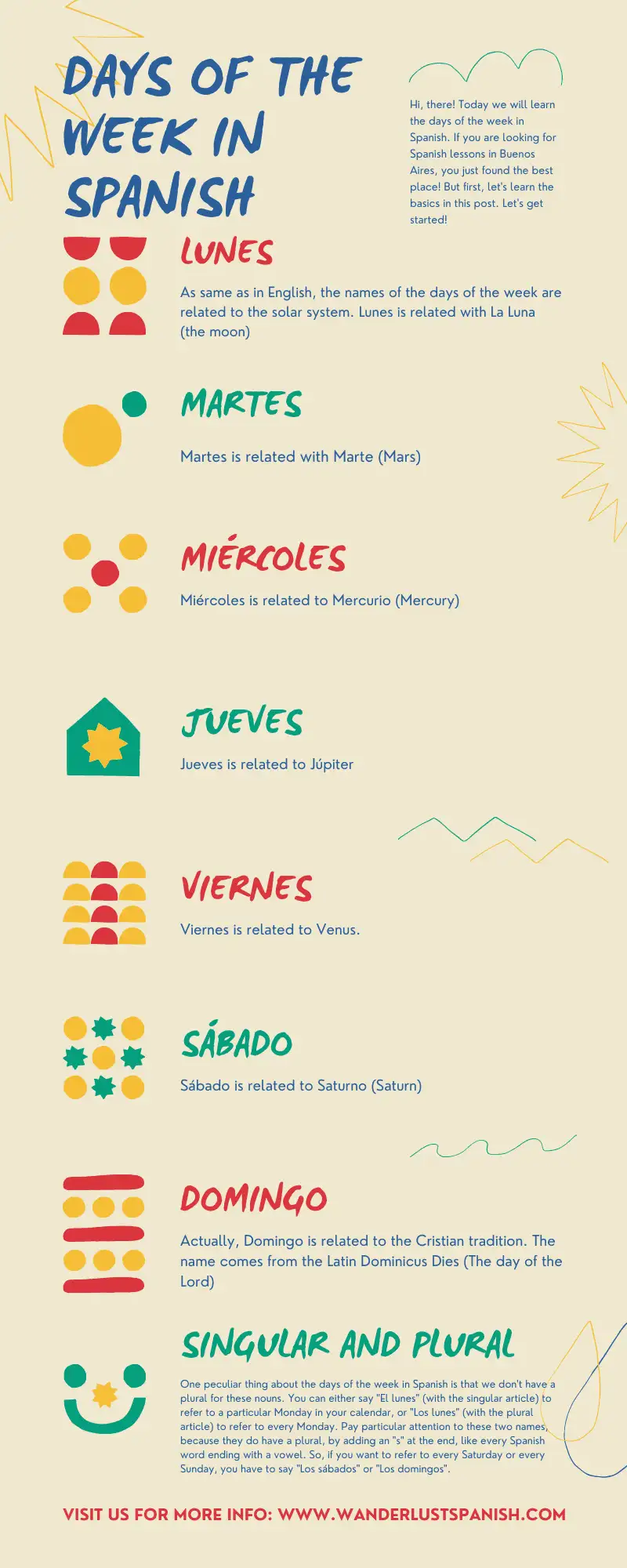Argentina is a country with a rich history that is as diverse as its landscapes. From its indigenous roots to the colonization and waves of immigration, Argentina’s history is full of fascinating facts and cultural richness. For those who are passionate about history and want to learn Spanish, Buenos Aires is the perfect destination to immerse themselves in the language and discover the past. In this article, we’ll explore the 10 most important facts about Argentine history and show you how learning Spanish in Buenos Aires can help you fully appreciate and understand the country’s past.
- Indigenous Roots Before the arrival of Spanish colonizers, Argentina was inhabited by a variety of indigenous groups, including the Quechua, Mapuche, and Guaraní. These cultures were highly developed, with complex social structures, sophisticated agricultural practices, and impressive artistic traditions. Today, many of these indigenous cultures are still present in Argentina, and their influence can be seen in everything from the language to the food.
- Spanish Colonization In 1536, Spanish colonizers arrived in what is now Argentina, marking the beginning of a period of colonization that would last for centuries. During this time, the Spanish established a strong presence in Argentina, building cities, introducing Christianity, and spreading their language and culture.
- Revolution and Independence In 1816, Argentina declared its independence from Spain, following a series of revolts and uprisings. This marked a significant turning point in Argentine history, as the country began to establish its own identity and government.
- The Rise of Perónism In the mid-20th century, Argentina was marked by political instability and economic uncertainty. This led to the rise of Perónism, a political movement named after its leader, Juan Domingo Perón. Perónism advocated for social justice and workers’ rights, and it had a profound impact on Argentine politics and society.
- The Dirty War In the 1970s, Argentina was ruled by a military junta that was responsible for the kidnapping, torture, and murder of tens of thousands of people. This period, known as the Dirty War, remains one of the darkest chapters in Argentine history, and its impact is still felt today.
- The Falklands War In 1982, Argentina went to war with the United Kingdom over the Falkland Islands, a disputed territory in the South Atlantic. The war lasted just over two months and resulted in the deaths of over 900 people. While Argentina ultimately lost the war, it remains a significant event in the country’s history.
- The presidency of Carlos Menem (1989-1999) and the neoliberal economic reforms he implemented, which led to both economic growth and increased inequality.
- The economic crisis of 2001-2002, which saw a sharp devaluation of the Argentine peso, mass protests and social unrest, and the collapse of several large banks and corporations.
- The presidency of Cristina Fernández de Kirchner (2007-2015), the first woman to hold the office in Argentina, and the controversial policies and political scandals that marked her tenure, including the nationalization of the oil industry, restrictions on the press, and allegations of corruption involving her and her family.
The 10 most important facts of Argentine history provide a comprehensive overview of the country’s rich and complex past. From the ancient indigenous civilizations to the struggles for independence and democracy, from the impact of immigration to the challenges of modern-day politics and economics, these facts illustrate the diverse and fascinating story of Argentina.
FAQ about 10 Most Fascinating Facts about Argentine History:
Q: What is the best way to learn about Argentine history while studying Spanish in Buenos Aires?
A: One of the best ways to learn about Argentine history is to take advantage of the cultural activities and excursions offered by your Spanish school. Many schools offer guided tours of historic neighborhoods, museums, and monuments, as well as opportunities to attend cultural events such as tango shows and folklore performances.
In conclusion, studying Spanish in Buenos Aires offers a unique opportunity to immerse yourself in Argentine culture and history while learning a valuable new skill. By exploring the city’s many historic sites and cultural offerings, you can deepen your understanding of this fascinating country and its rich heritage. Whether you’re interested in the colonial period, the struggles for independence and democracy, or the modern-day challenges facing Argentina, there is no shortage of opportunities to learn and grow. So why wait? Enroll in a Spanish school in Buenos Aires today and start your journey of discovery!









